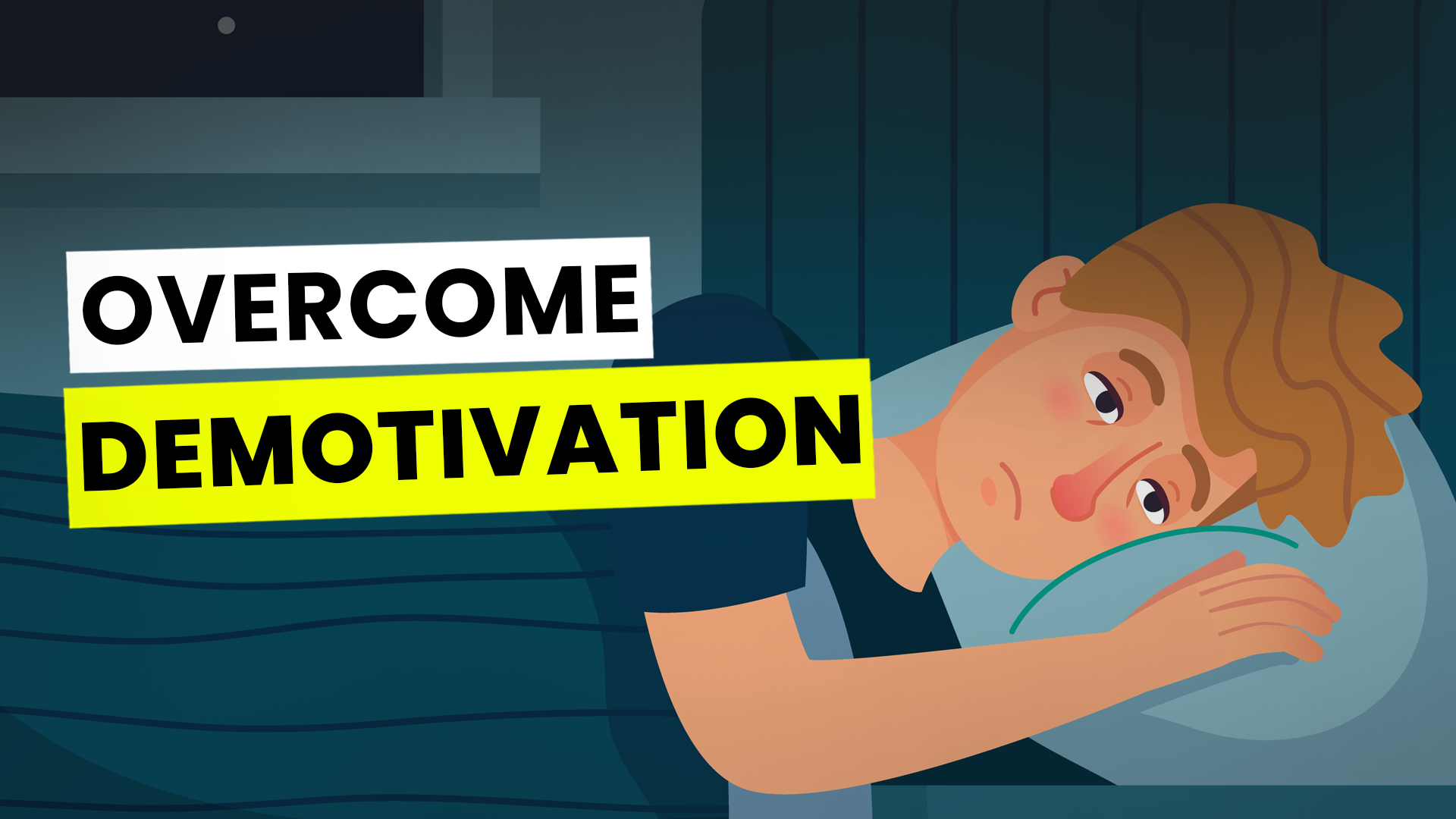Feeling demotivated, restless, and anxious is not pleasant. It can make it more difficult for you to work, to be creative, and to feel good.
Sometimes, our lack of motivation has a clear root. Identifying it can help us address it and reduce the feelings of restlessness. Some of the most common causes of restlessness are as follows.
1. You have too much to do – your list of tasks is terribly long and intimidating. Focus on a single task from that list and move step by step.
2. You have the opposite problem – no work and no idea what to do. In this case, the best thing to do is to allow yourself to rest. If you can, disconnect from your work and take the opportunity to take care of yourself.
3. A worse situation is when your work doesn’t interest you– It can be trickier to find motivation here. Focus on the meaning the work has – maybe it allows you financial independence or to support your family. Try to make it more interesting. For example, you can challenge yourself to complete it faster or to do it as best as you can.
Here are six strategies that will help you overcome these feelings easily and find your way to a productive and optimistic mindset.
1. Take a timeout
Sometimes, the feeling of restlessness comes from too much work or too much routine. Our brain needs a bit of novelty, and our bodies need a bit of rest. Put whatever you have to do on hold and take a short break doing something that you enjoy. Relax, take a walk, have a nice nap, or go and try out something new.
Take a break without worrying too much about your problems, and you will come back energized and ready to take the situation on.
2. Do hands-on work
There are tasks that can help you reduce restlessness. Often, we tend to get too stuck on our digital devices or too caught up in our heads. Instead, go and do something that involves interacting with the physical world and that will bring you a clear result. Clean a room, organize your desk, water the plants, or do some gardening.
A great task is to cook something to share with your family – it’s relaxing and involves a clear result that can be enjoyed by everyone.
3. Schedule something fun for the day
A common reason for the lack of motivation is the feeling that our day is going to be dull and unpleasant. You can address it by scheduling something fun for later.
Once you’re done with work, you will know that there is something truly enjoyable waiting for you, whether it’s a favorite drink, a fun movie, or a walk in the park. This can help you focus more on the work and not on procrastination and give your day a sense of meaning.
4. Work your imagination
There are times when we become caught up in negativity, so much so, that positivity feels distant. So, we can use our imagination to reconnect with this sense of positivity.
Imagine your happy place and focus on creating a relaxing scenario that will help the restlessness just melt away. Visualize a happy place and use your imagination to spend some time in a comfortable situation that will help you feel more motivated.
5. Practice self-care
Sometimes, the lack of motivation and restlessness come because we are not feeling well. Check to make sure you have eaten or grab a snack. Drink enough. Take a nap or lie down, if possible. Move your body.
Do something that helps you feel better, even if it’s just writing for a few minutes, having a favorite snack, or lighting a scented candle. Check with your body and see what you most need at the moment.
6. Set an end time
Work and chores tend to occupy as much time as we give them. If you have a whole day to finish a task, it might take you a whole day. If you have two hours, you will finish in those two hours.
A good tip to reduce restlessness is to set a deadline that will push you to start acting now. It will help you get into action right away. It is important, however, to respect the deadline you set for yourself and stop working when you said you would.


